The Best Upper Elementary Homeschool Curriculum
You will love these top picks for upper elementary homeschool curriculum!
Third through fifth grades are some of my favorite years to teach. During this period, children are usually pretty good readers, making it more enjoyable to delve deeper into other subjects. And, they still have a zestful spirit about learning, which means we get to have A LOT of fun!
The hardest part for me during these years is reigning in our learning times. There are literally hundreds of wonderful studies we could do, places we could go, and great curriculum choices to use. Over the years, I’ve packed as much homeschool excitement as possible into these upper elementary years…and we have wonderful memories to prove it.
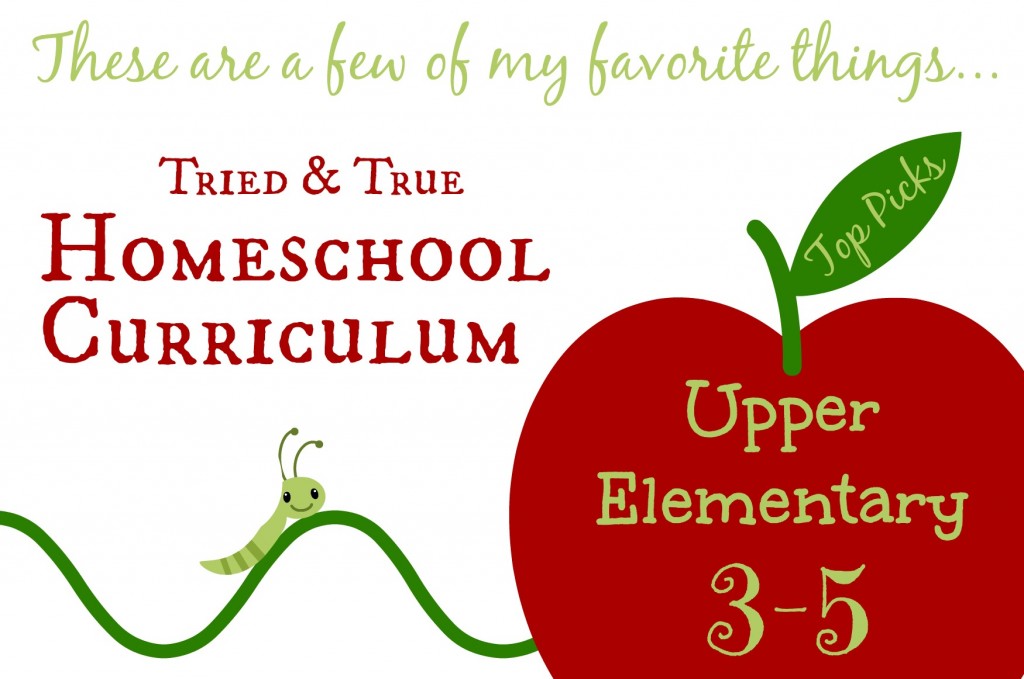
This post contains affiliate links.
Upper Elementary Homeschool Curriculum
You can imagine my difficulty, then, in choosing just my very top upper elementary homeschool curriculum picks! After much deliberation, I’ve narrowed down the list as much as possible. All of the products I’ve chosen to highlight are both academically excellent and inspire a love for learning.
Bible Homeschool Curriculum
God’s Great Covenant New Testament and Old Testament (each comes in two volumes), along with the Map/Timeline Set, is a well-prepared Bible curriculum for upper elementary students. I’m usually not a big fan of prepared Bible curriculum for two reasons. First, the doctrine does not always align with ours. Second, the lessons typically seem forced and don’t inspire excitement about God’s Word. God’s Great Covenant is one of those rare exceptions for our family. The lessons are real and in-depth, while still fun!
Proverbs People is another workbook curriculum that has blessed our family. Book One and Book Two follow a simple plan of reading various verses in Proverbs and making observations to compare opposite character traits, such as liars versus truth-tellers and slothful people versus those who are diligent. It’s easy to implement and does a great job helping children to see the benefits of good character.
Language Arts Homeschool Curriculum
Living literature is the primary mode we use to practice reading skills once the kids are proficient readers – and it’s one of the primary modes for learning history and science during these years, too! From our literature selections also come grammar lessons, spelling lessons, copywork, narration, and dictation, as well as excellent family discussions.
For those of you looking for an absolutely COMPLETE, sequential approach to reading, spelling, and grammar, I LOVE The Logic of English Essentials. Besides daily reading practice, this program contains all the language arts your child needs during the 2nd, 3rd, OR 4th grade year, depending on your child’s abilities. Rule memorization, systematic instruction, and creative activities make this a rock-solid language arts curriculum!
Intermediate Language Lessons is a Charlotte Mason-friendly way to introduce grammar and other language arts to 3rd-5th graders. I’ve never found the teacher’s guide necessary, but you might like it if you aren’t entirely confident with teaching just yet. The original book was meant to be completed orally and on notebook paper. I’ve enjoyed the workbook format, too, as it keeps my children a bit more organized in their work.
Spelling Workout is one of the few traditional workbooks we use—and I don’t use it as the directions suggest. When I notice a spelling struggle with a specific type of word (such as -ough), I’ll assign the appropriate lessons until the issue is resolved. I appreciate the short, game-like worksheet lessons that get right to business and don’t waste our time.
Math Homeschool Curriculum
Through 3rd grade, we use Horizons Math from Alpha Omega. Beginning in 4th grade, we transition to Saxon Math. My 4th graders use Saxon 5/4, and my 5th graders use Saxon 6/5. Saxon is an academically excellent math program that builds upon previously learned skills and continually practices them.
Saxon expects A LOT from children daily. I only assign odd- or even-numbered problems each day to overcome this issue.
Some of you have heard me say before that we only do textbook math (also known as Horizons or Saxon) three days a week and do “living math” on the other two days a week. Living math encompasses literature-based lessons, manipulative-based lessons, real-life applications, games, logic, problem-solving, and more. I wrote Loving Living Math to help you understand what living math is, why it’s important, and how to incorporate it into your homeschool schedule.
Logic Homeschool Curriculum
Logic is something we add weekly to our homeschool. My kids beg for it. Really. Logic puzzles are challenging, but oh, so fun!
History Homeschool Curriculum
The Story of the World comes in four volumes, beginning with ancient history and ending with modern history. The books are recommended for starting in the 1st grade. I find them more useful beginning around the 3rd grade. The bountiful lessons are often lost on 1st and 2nd graders if not used to their full advantage, including literature, research, narration, maps, and activities. I LOVE the abundance of resources in this curriculum!
When I first used these books, my oldest was in the 1st grade. (She’s our Ms. Smarty Pants.) She did well, but even as bright and eager as she was, I think she could have grasped more if I had waited a couple of years before starting.
Science Homeschool Curriculum
NaturExplorers are written for 1st-8th graders, but I find that upper elementary kids are some of the most enthusiastic nature learners. They’re old enough to begin making serious scientific connections and interested enough to enjoy follow-up research and projects. Nature study is our primary mode of science study during the upper elementary years!
You can opt to turn nature study over to me during No Sweat Nature Study LIVE lessons, too!
For the few science topics we can’t cover during nature study or for a different learning experience, we use unit studies or Apologia science books. Unit studies offer my kids lots of opportunities for interest-based learning, while the Apologia books give us the accountability of a “living” textbook.
Jonathan Park audio adventures are highly educational and highly entertaining! Along with visits to the Creation Museum, Jonathan Park has been very affirming of our creation science lessons.
Fine Arts Homeschool Curriculum
We love to do our own Charlotte Mason-inspired artist studies!
With my first two, I designed our own Charlotte Mason-inspired composer study lessons. Luckily, there are a few great composer study resources for these grab-and-go days. I like each one of the following programs equally. Each offers a distinct flair.
SQUILT (Super Quiet Uninterrupted Listening Time) includes live lessons to learn about such things as the composers, musical eras, music styles, instruments, the elements of music, and more.
15-Minute Music Lessons is an online course. You and your children read through some short biographical or explanatory text and watch embedded videos. You’re often encouraged to listen for things that help you understand musical terminology. There is a brief online quiz at the end of each lesson, and a few PDF pages are available for printing, which include copywork, research pages, and pages to note details such as the tempo, mood, and instrumentation of the music from the lesson.
Zeezok’s Music Appreciation Program is a much bigger curriculum. It is based on the literature of Opal Wheeler and includes daily lessons to accompany each chapter of the various biographies. This curriculum covers music, history, character training, and more. There is music to listen to, worksheets to complete, experiments to conduct, and even a lapbooking component. If you’re looking for a unit study-like resource, this is what you’re looking for.
And that wraps up this list of upper elementary homeschool curriculum. Feel free to share your 3rd-5th grade favorites in the comments!
More top picks!
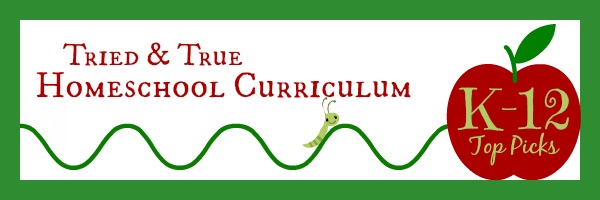
Early Elementary Curriculum Top Picks (K-2)
Middle School Top Picks (6-8)
High School Top Picks (9-12)







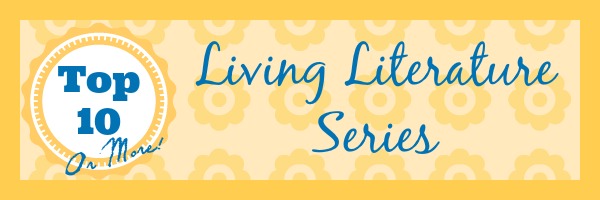
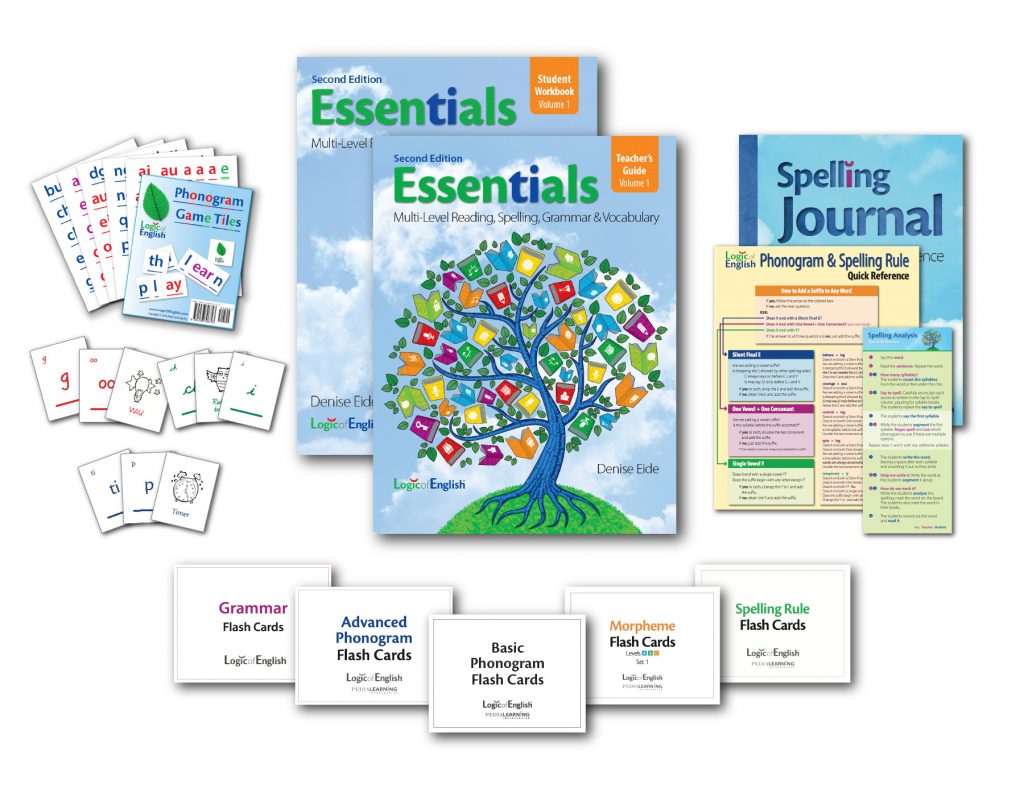






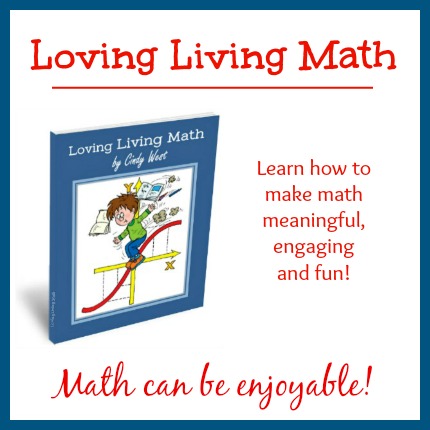





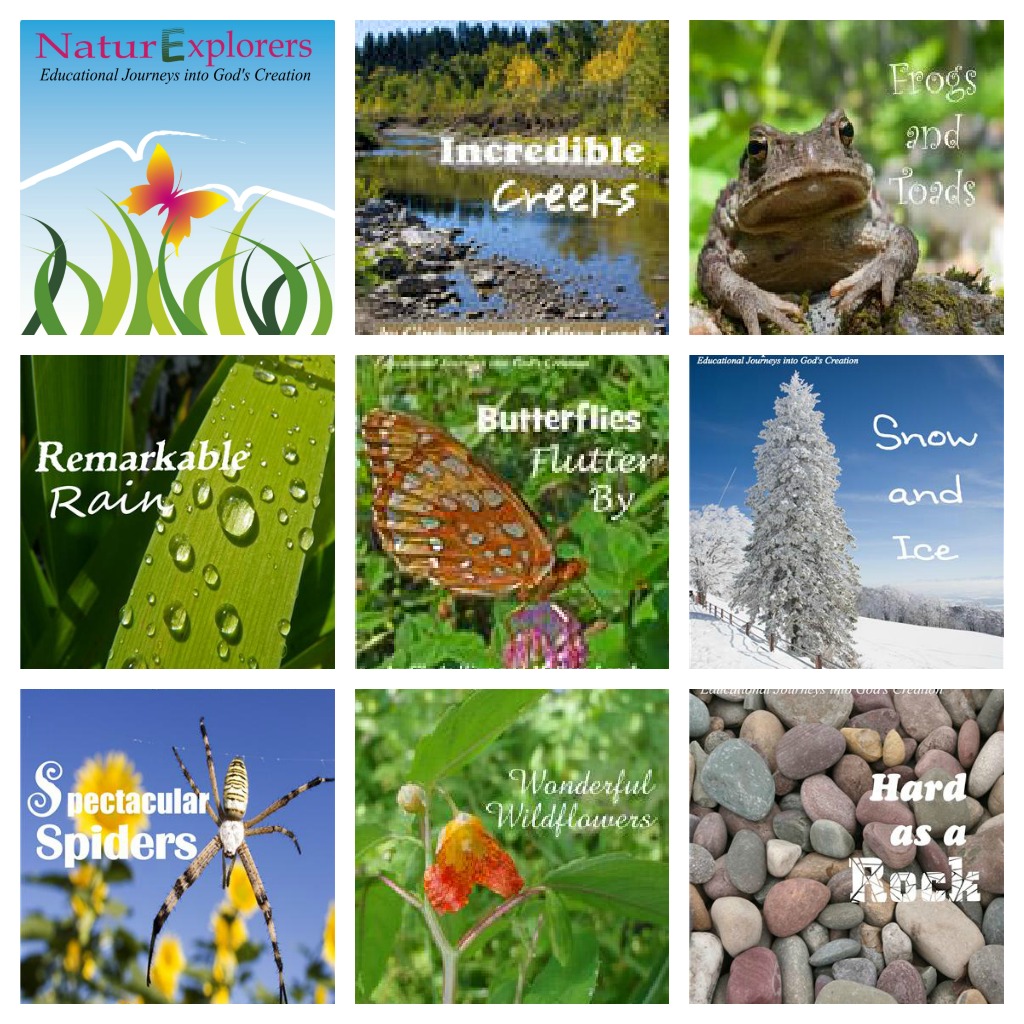
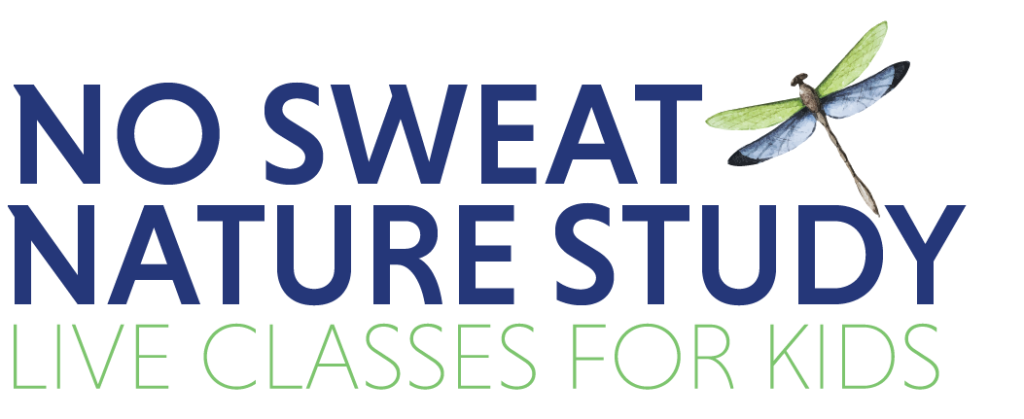


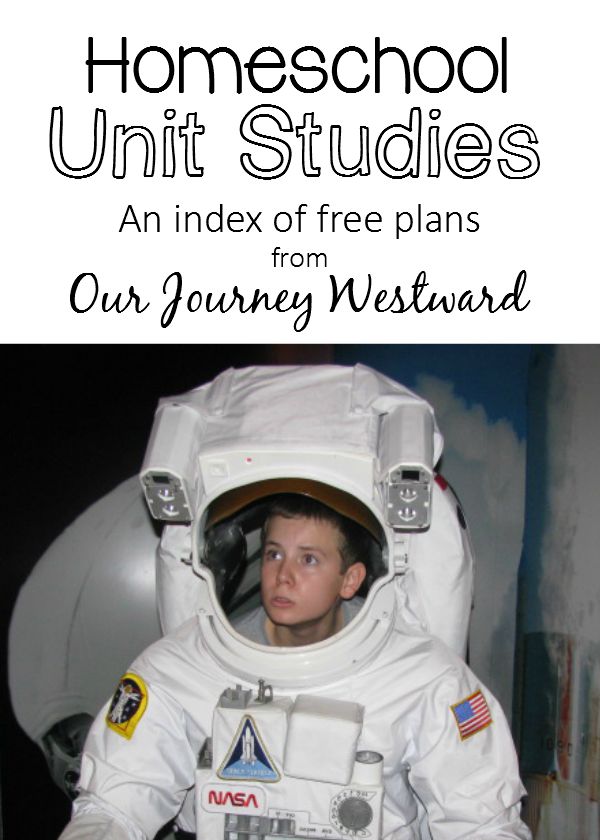




You make excellent recommendations, I am never disappointed when I try something you recommend 🙂 -Cathy Tsering
Aw, I’m so glad to hear that, Cathy!
Please help! This will be our second year homeschooling but our first using living books and the CM approach. I’ve read so much however, that I am dizzy. I landed on your blog by God’s grace and something about it clicked with the way my brain is wired. I first saw three recommendations you made regarding early American history: Lief the Lucky; Explorers Who Got Lost and Exploration and Conquest. Since I also read that you use Story of the World, I’d like to know how you use this curriculum and living books at the same time. How do assess? Narration or do you use the curriculum’s parent guide and tests if any?
I just thought of another question: How does God’s Great Covenant able to ease your concerns regarding doctrine? Is it because it lines up with your family’s particular beliefs or because it somehow transcends typical doctrinal issues that arise?
Julie,
You may want to book a consult slot with me. We could talk through all these things and give them in depth attention. :o)
Until then…We typically spend two days a week working on Story of the World lessons. (The other three days are science/nature study lessons.) But, every day finds us reading aloud or reading alone from historical fiction, too. That’s when I fit in the living literature. We sometimes narrate the books, sometimes discuss, but mostly just enjoy them. I don’t assess Story of the World lessons beyond the narration and mapping activities provided in the activity guide.
Julie,
I work through God’s Great Covenant with my children so we can address any doctrinal issues as soon as they may arise.
I stumbled across your page on my quest to deciding whether I can make homeschooling work for my soon to be 5th grader. The more and more I read on how to do this and where to start the more overwhelmed I becomed. Do you have a post of tips on where to start? I’d like to know where to start from the moment I’ve decided to keep my child at home. Where does my child turn things in to? Or take official test through? Are there programs that line everything out daily? How will I know if we are teaching enough of what is required? I’d love to do this but as an already busy mom I don’t want to be a slave to hours upon hours or teaching or planning her lessons. Anything you might have to share, directions to start in etc… I’d love to hear more about. Thanks!!
Heather, if you can hang in there just a few weeks longer, my book Homeschooling Gifted Kids (formerly known as Homeschooling Gifted and Advanced Learners) will be available. It’s NOT just for parents of gifted kids as it gives parents exactly the information you are asking about. Watch for a release announcement soon. 🙂
Until then, search your state’s homeschool website for the legal information about what you must teach, where/if to turn things in, and how/if to test. It’s not necessary to spend hours planning or teaching. If you like the idea of a “school in a box” curriculum, that’s a decent place for new homeschoolers to begin. (Think A Beka, Sonlight, or My Father’s World as examples.) If you’d like me to help you pull an eclectic plan together to meet your child’s particular needs, I’m happy to schedule a phone consultation with you! You can find that form at https://ourjourneywestward.com/homeschool-consulting/.
Hi Cindy, my kids have loved your nature studies, but do you have a recommendation for a spine that I can use for 4th grade science? I would like to continue with nature study and unit studies ( marine biology, human body, botany), but feel like I need a little more help with other topics (astronomy, physical science, biology, etc.). Thx
Hi Cheri! Take a look at the Exploring Creation with ___ series by Jeannie Fulbright and the Christian Kids Explore series by Bright Ideas Press. Both include several titles that you could use as a spine for the subjects you mentioned. 🙂
Hello! Thank you for the wonderful recs! I am homeschooling my 1st and 3rd grader. Do you recommend we do all subjects every day and for how long? Thank you!
Hi Chrystal, if you choose to do all the subjects everyday you will want them to be rather short for 1st and 3rd graders. Many language arts activities, for instance, can be completed in 5-10 minutes. We typically didn’t do all subject every single day in the early years. For example, we often planned for history 2 days a week, science 2 days a week, and a nature study walk 1 day a week. Hope that helps!
My question is about curriculum that you don’t get into a groove with or particularly like. If you are using something and seem to not really get into much do you ditch it and try something else, try to use it in a way that works? Force completion and start fresh next year? What is your thoughts on this?
Sara, you can certainly ditch it if you like, but there are several ways to continue using it with some tweaking. I taught a video class for parents about how to easily do this that you might like to watch. You can find it at https://ourjourneywestward.com/downloads/tweak-curriculum/. 🙂
Thank you for this series! Do you find that AAS and LOE essentials complement each other? Do you begin with AAS and then switch or choose one and go all the way through with it?
Great question! I thought they complimented each other well. I started with All About Spelling for 1st and 2nd grade and then moved into Logic of English Essentials.